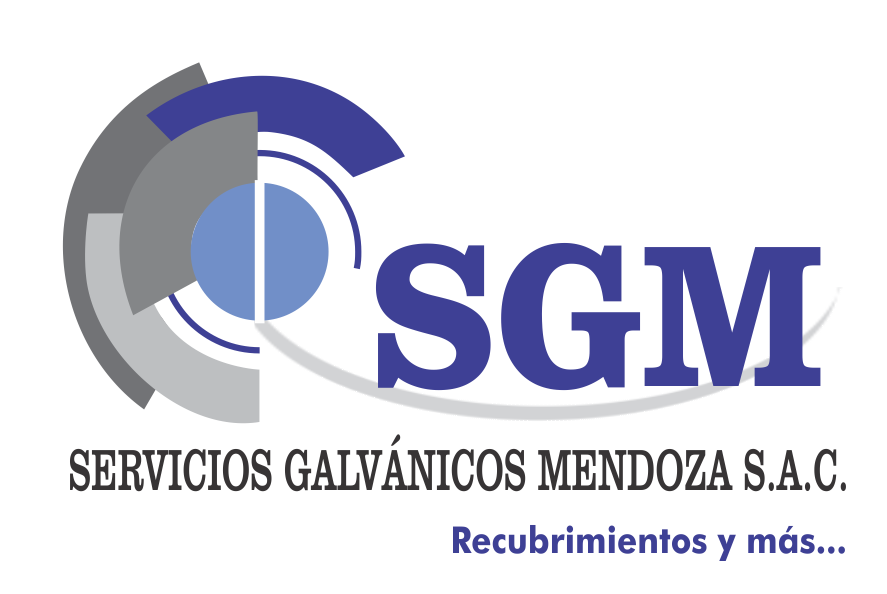Dating is hard at the best of times. But what’s it like to find love and a life partner if you have a disability and live in an area where social stigmas prevail?
A survey, conducted by an online matrimonial site in India from 2010-2011, reveals that 59 per cent of women and 48 per cent of men refused to marry someone with a physical disability, according to the Times of India. Meanwhile, only seven per cent of female survey participants and 15 per cent of men said they would marry someone with physical disability.
There’s also a higher rate of separation if one member of the couple has a disability in India, as some conceal their disabilities until after the marriage becomes official.
To counter the social stigma surrounding dating people with disabilities, two entrepreneurs in India have since created ‘Inclov’: a matchmaking online application to help people with disabilities and health disorders to find love.
Working in a similar manner to most other dating applications, the app matches users on age and location, while adding disability type and medication. And for the purpose of openness, users can also choose to include “cure availability” details.
Co-founders Kalyani Khona and Shankar Srinivasan launched the pilot in January last year, developing the app with a visually impaired programmer, before creating an offline platform called ‘Social Spaces’ that allowed people with and without disabilities to meet in person accessible locations throughout India.
Version 2.0 was introduced on free filipino dating site uk January 21 this year and has since been downloaded by over 7,000 users, the company confirmed to SBS.
Ashwin Karthik from Bangalore, who lives with a disability and uses a wheelchair, recently spoke with The Guardian about how communities needs to understand that people with disabilities have the same relationship needs as those without disabilities.
“As a society I don’t think we are mature enough to understand that people with disabilities also need a partner to get through the rigours of life,” Karthik said.
“Dating as a disabled person is hard and I truly wish people who use mainstream dating apps were more open to getting to know disabled people.”
A local view
SBS spoke with Carly Findlay, an Australian writer, speaker and proud disabled woman who spent many years on dating sites and shares Karthik’s sentiments.
“Dating as a disabled person is hard and I truly wish people who use mainstream dating apps were more open to getting to know disabled people.”
However, Findlay expressed concerns about the app in India, as it was founded by two people who do not have disabilities. Unaware of the entrepreneurs’ reasons for developing the technology, Findlay hopes it was not created out of pity.
“[Whether they] are disabled/not disabled, it shows they are speaking and making decisions for disabled people. They might be taking pity on us. and not including us in mainstream dating apps.”
“Sometimes I think there’s an expectation that disabled people will only date other disabled people,” the activist explains, while discussing her own experiences on dating sites.”
Be careful of making untrue assumptions
Despite this, there are a small number of sites dedicated to helping people with a disability to find love and even fewer (if at all according to SBS’s search) that have smart phone-specific applications.
Findlay says this is disappointing as is the assumption that people with disabilities only want to go out with other people who have a disability.
“Sometimes I think there’s an expectation that disabled people will only date other disabled people,” the activist explains, while discussing her own experiences on dating sites.
“I’ve got no problem with that, but there’s an idea that a disabled person can’t possibly be loved and desired by a person without disability.
“It’s been assumed that my husband also has the same skin condition as me (he doesn’t), and people ask me or my mum if he does by waving their hand around their face, not really knowing how to ask.
“Disability is diverse, and the hierarchy of disability might mean that someone with one type of disability might discard the opportunity to date a person with another type.”
In an article for SBS published in January this year, Findlay also alluded to the difficulties faced by people with a disability, looking to find love: “just like unconscious bias comes into play when hiring an employee, it comes into play when dating”.
“No one explicitly says why you’re not suitable for the job or a relationship, but we can tell our disability is a factor.”

Comentarios recientes